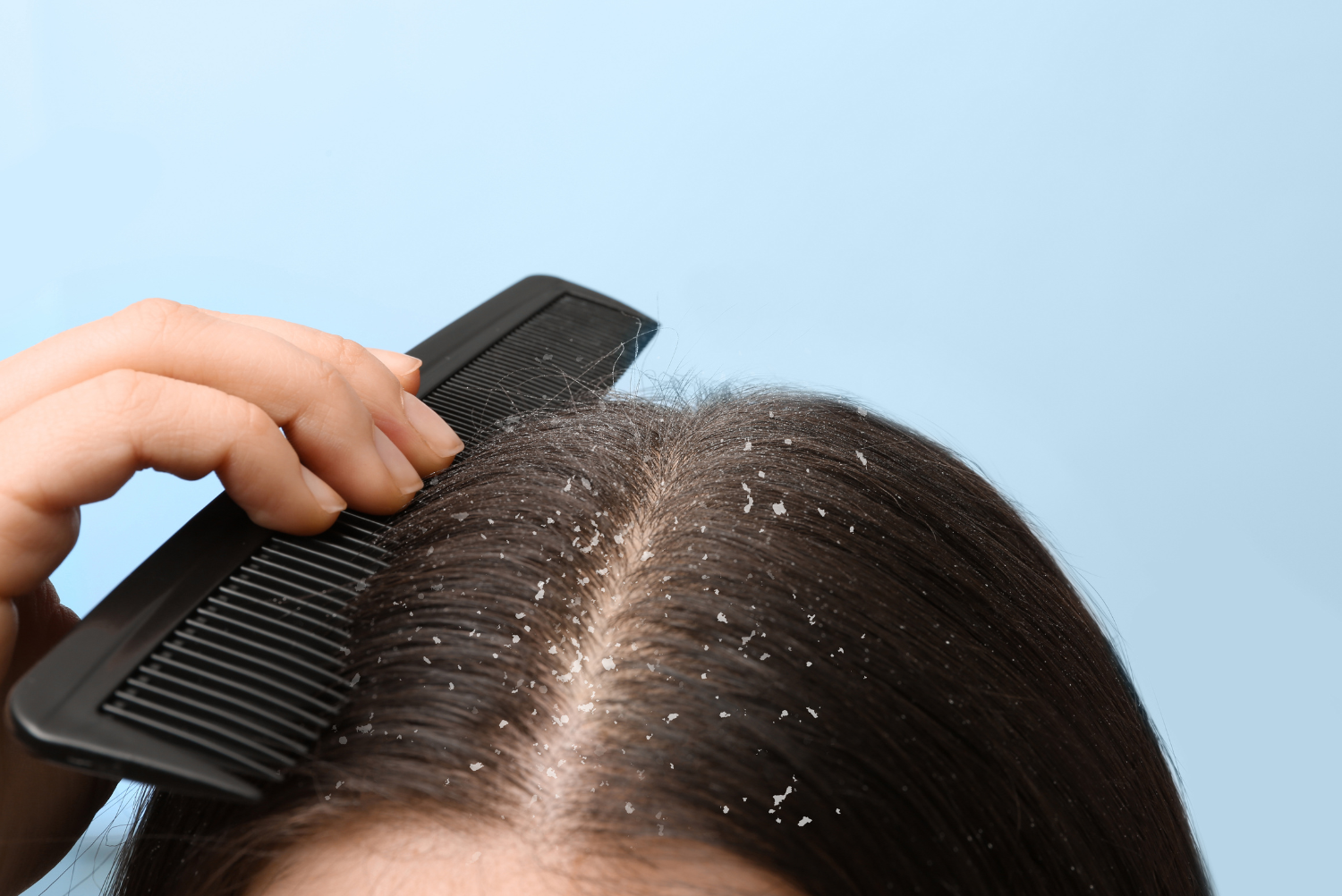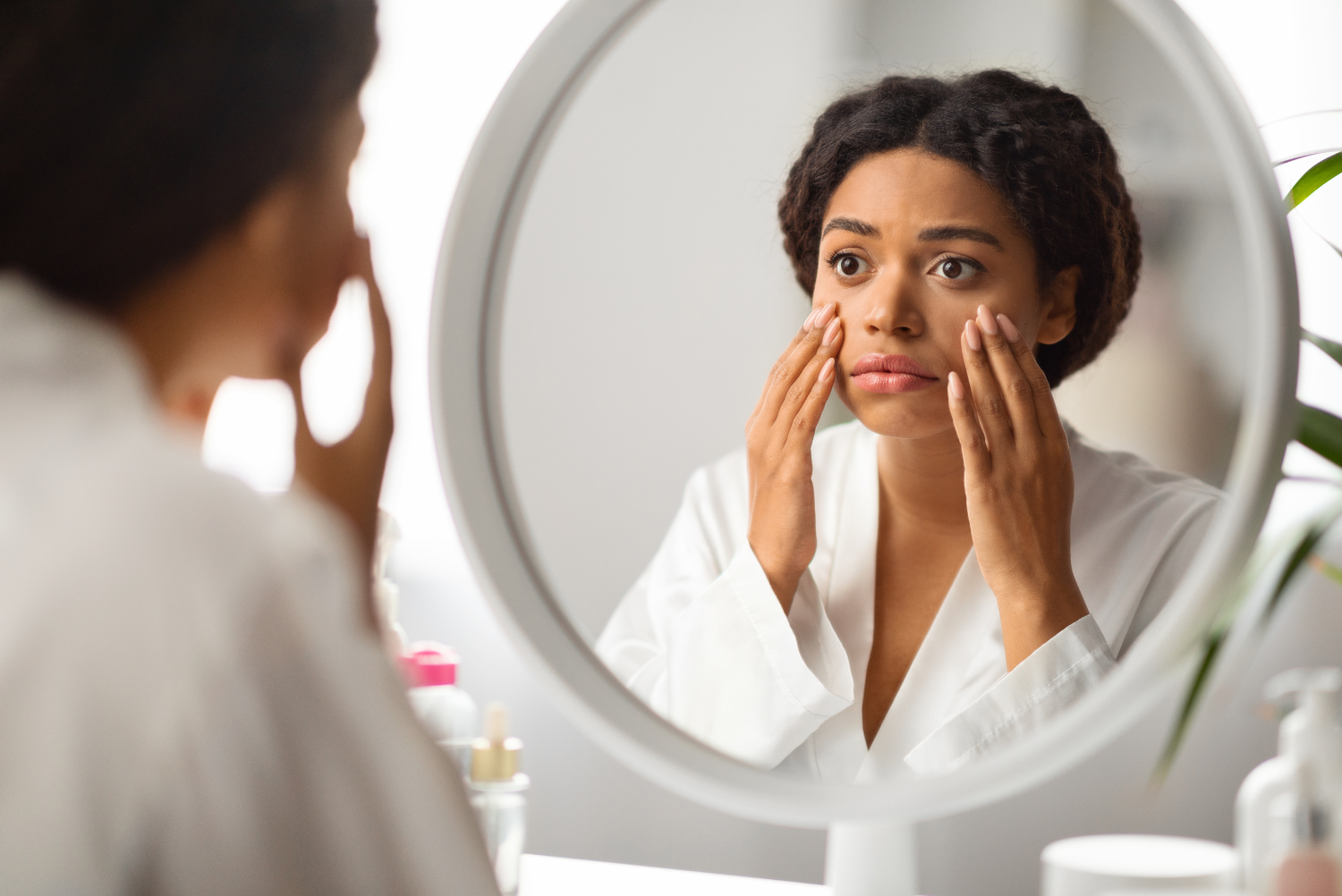
Stress is an inevitable part of life, but did you know it can also affect your hair? I’ve been there – juggling work, personal life, and unexpected challenges, and suddenly noticing more hair in the shower drain than usual. It was a wake-up call when I realized the link between my stress levels and hair loss. Hair loss due to stress is more common than you might think, and understanding the connection can help you take steps to manage both stress and hair health effectively.
When you're under stress, your body reacts in various ways, some of which can disrupt your hair's natural growth cycle. For me, it started with noticing thinning hair and bald patches. I felt helpless and anxious, which only made the situation worse. But with some research and changes in my lifestyle, I managed to regain control. If you’re seeing more hair on your pillow or noticing that your once-luscious locks are thinning out, it might be stress to blame.
The good news is that stress-induced hair loss is usually temporary and can be managed with the right approach. In this post, we’ll explore how stress contributes to hair loss and share practical tips to combat it. From my experience, understanding the cause and taking proactive steps made a significant difference. Let's dive into the science behind stress and hair loss and discover effective strategies to nurture your hair back to health.
What Is Stress Induced Hair Loss?
Stress-induced hair loss occurs when the body's response to stress impacts the hair growth cycle. There are three primary types of hair loss associated with stress:
-
Telogen Effluvium: This condition pushes hair follicles into a resting phase, causing hair to fall out more easily. It typically results in diffuse thinning across the scalp.
-
Alopecia Areata: Severe stress can trigger an autoimmune response where the body's immune system attacks hair follicles, leading to patchy hair loss.
-
Trichotillomania: This is a psychological condition where individuals pull out their hair as a response to stress or anxiety, leading to noticeable hair loss.
How Stress Causes Hair Loss?
When you're stressed, your body produces higher levels of cortisol, often referred to as the "stress hormone." Elevated cortisol levels can disrupt the natural hair growth cycle in several ways:
-
Prolonged Resting Phase: High cortisol levels can push hair follicles into the telogen (resting) phase prematurely, leading to increased shedding.
-
Impaired Nutrient Absorption: Stress can affect your digestive system, impairing nutrient absorption. This can deprive hair follicles of essential nutrients needed for growth.
-
Inflammation: Stress-induced inflammation can damage hair follicles and inhibit hair growth.
-
Hormonal Imbalance: Stress can lead to hormonal imbalances, which can exacerbate hair loss, especially in women.
Ways To Combat Stress Induced Hair Loss
-
Exercise Regularly
-
Physical activity helps reduce stress by releasing endorphins, which are natural stress relievers. Exercise can also improve blood circulation to the scalp, promoting hair health.
-
-
Practice Relaxation Techniques
-
Activities such as meditation, yoga, and deep-breathing exercises can help lower stress levels. These practices help calm the mind and reduce the body's stress response.
-
-
Maintain a Healthy Diet
-
A balanced diet rich in vitamins and minerals supports overall health and can improve hair health. Focus on foods high in biotin, zinc, iron, and vitamins A, C, D, and E.
-
-
Get Enough Sleep
-
Adequate sleep is crucial for stress management and overall well-being. Aim for 7-9 hours of quality sleep per night to help your body recover and maintain healthy hair growth.
-
-
Seek Professional Help
-
If stress and hair loss are significantly impacting your life, consider talking to a healthcare provider or therapist for additional support. They can help you develop coping strategies and address underlying issues.
-
-
Scalp Care
-
Regular scalp massages can help improve blood circulation to the scalp, promoting hair growth. Use gentle, circular motions to stimulate the scalp and relieve tension.
-
-
Start Hair Oiling
-
Incorporate hair oiling into your routine using a high-quality oil like the Veenourish Hair Growth Oil. This herb-infused oil includes ingredients like rosemary, castor oil, peppermint, and more, which are scientifically proven to stop hair loss and promote hair growth. Apply a small amount of the oil to your scalp and massage it in gently for 3-5 minutes. Leave it on for at least 30 minutes, or overnight for best results, and wash it out with a mild shampoo.
-
-
Use Gentle Hair Care Products
-
Opt for shampoos and conditioners that are free from harsh chemicals. Products containing natural ingredients can help maintain a healthy scalp environment conducive to hair growth.
-
-
Limit Heat and Chemical Treatments
-
Excessive use of heat styling tools and chemical treatments can weaken hair and exacerbate hair loss. Try to minimize their use and allow your hair to recover naturally.
-
RELATED: HOW TO USE ESSENTIAL OILS FOR HAIR GROWTH


